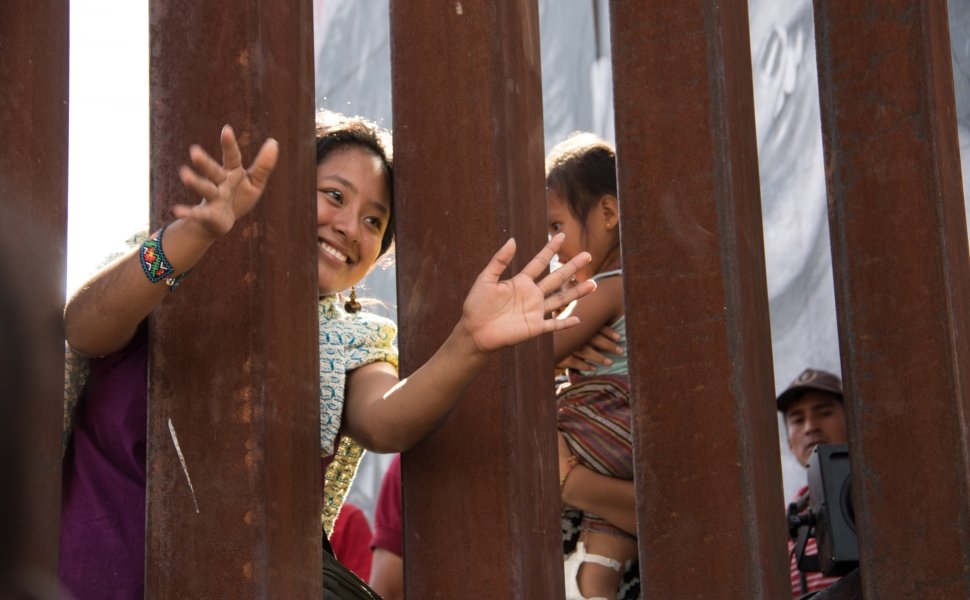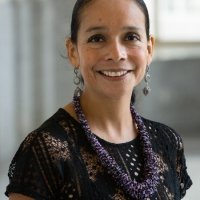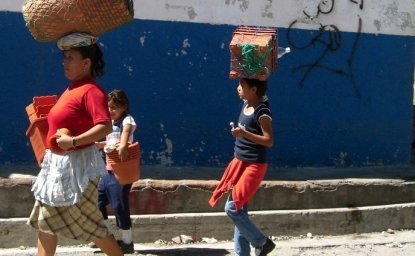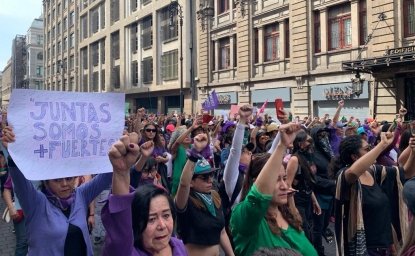Women from the Northern Triangle: Escaping Violence?


Migration from El Salvador, Honduras and Guatemala—the Northern Triangle—poses many risks for women and girls migrating in search of a better life. Women embark on a journey north despite the risk of exploitation, human trafficking and gender-based violence, now exacerbated by the COVID-19 pandemic. The reasons for migrating vary from country to country, but relate to how steep inequality and gang violence directly affect women—making them targets of violence. During this episode, Wilson Center fellow, Guadalupe Correa, talks to us about the misconception between human trafficking and human smuggling, the differences between gang violence and cartel organizations when it comes to gender-based violence, and explains how these comprehensive networks take advantage of women’s vulnerability as transit governments do not provide a comprehensive network of support and protection for them.
Guest

Professor, George Mason University
Moderator


Latin America Program
The Wilson Center’s prestigious Latin America Program provides non-partisan expertise to a broad community of decision makers in the United States and Latin America on critical policy issues facing the Hemisphere. The Program provides insightful and actionable research for policymakers, private sector leaders, journalists, and public intellectuals in the United States and Latin America. To bridge the gap between scholarship and policy action, it fosters new inquiry, sponsors high-level public and private meetings among multiple stakeholders, and explores policy options to improve outcomes for citizens throughout the Americas. Drawing on the Wilson Center’s strength as the nation’s key non-partisan policy forum, the Program serves as a trusted source of analysis and a vital point of contact between the worlds of scholarship and action. Read more


Brazil Institute
The Brazil Institute—the only country-specific policy institution focused on Brazil in Washington—aims to deepen understanding of Brazil’s complex landscape and strengthen relations between Brazilian and US institutions across all sectors. Read more


Mexico Institute
The Mexico Institute seeks to improve understanding, communication, and cooperation between Mexico and the United States by promoting original research, encouraging public discussion, and proposing policy options for enhancing the bilateral relationship. A binational Advisory Board, chaired by Luis Téllez and Earl Anthony Wayne, oversees the work of the Mexico Institute. Read more

Related Episodes
Browse all episodes
The "Great Exacerbator" Hits Mexico's Most Vulnerable

Good Laws Are Not Enough: Femicide in Brazil

Central America’s “pulgarcito”: Confronting the Crisis of Violence Against Women in El Salvador
